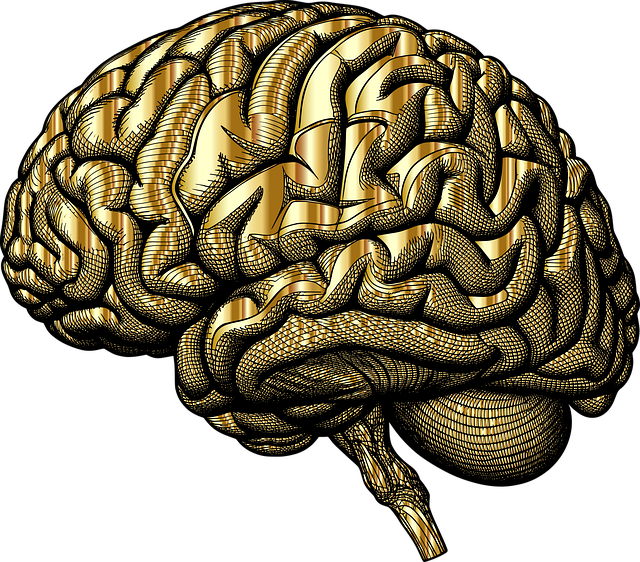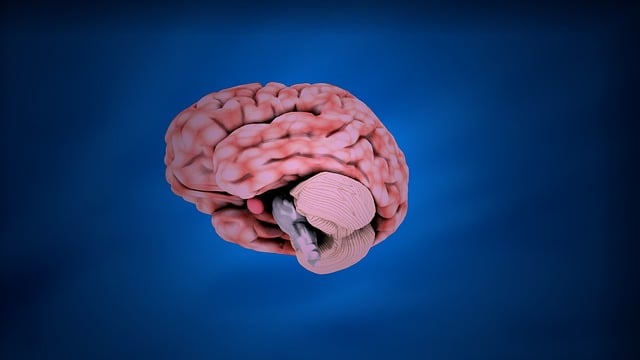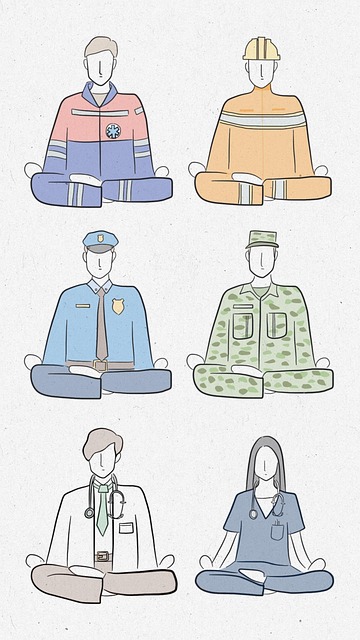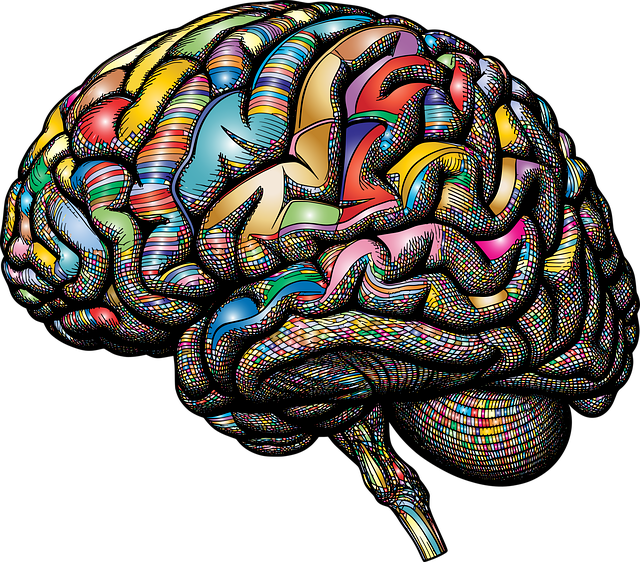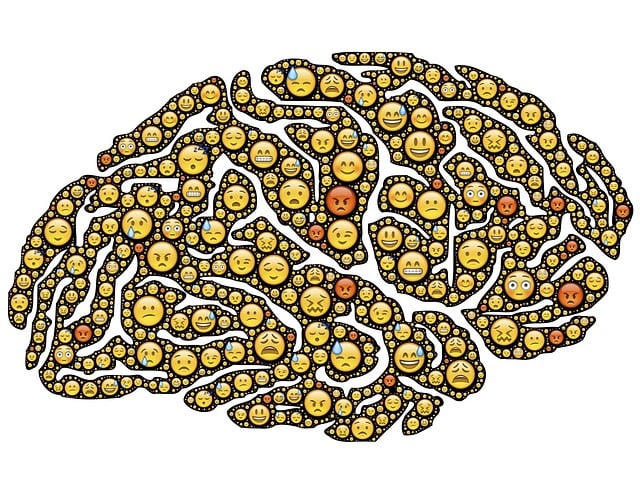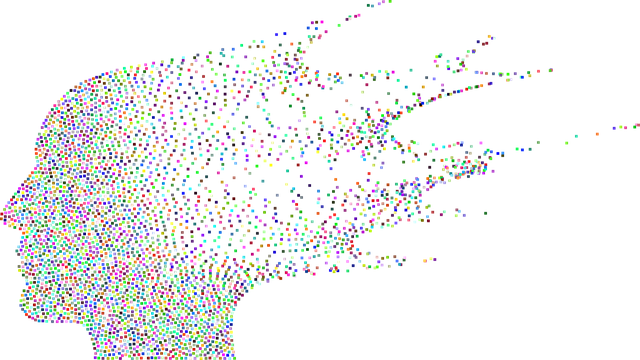Developing culture-specific mental wellness self-assessment tools tailored to the needs of German-speaking elderly populations is crucial. Recognizing their preference for traditional support systems over formal therapy, and focusing on community connections and family dynamics, ensures these tools' effectiveness and accessibility. Incorporating crisis intervention guidance aligned with cultural perspectives enhances care outcomes and promotes meaningful interactions between elders and mental health services. By addressing unique challenges like cognitive changes and social isolation, and integrating emotional intelligence and specialized risk assessments, care for German-speaking elders can be improved, fostering rapport, understanding, and preventing professional burnout. Therapy for Elders German Speaking requires these tailored approaches to better manage their well-being.
Mental wellness self-assessment tools play a crucial role in empowering individuals, especially the elderly, to take charge of their mental health. This article explores the development and implementation of such tools from a unique perspective—the German-speaking elderly population. We delve into identifying specific needs and barriers faced by this demographic in traditional therapy settings, highlighting the importance of culture-specific approaches. By incorporating traditional German practices, we present innovative strategies for creating effective self-assessment tools that enhance mental health support tailored to their cultural context.
- Understanding Mental Wellness Self-Assessment: A German-Speaking Elderly Perspective
- Identifying Needs and Barriers in Traditional Therapy for Elders
- Developing Culture-Specific Tools: Incorporating Traditional German Practices
- Implementing and Evaluating the Effectiveness of Self-Assessment Tools for Mental Health Support
Understanding Mental Wellness Self-Assessment: A German-Speaking Elderly Perspective

In the context of mental wellness self-assessment tools development, understanding the perspectives of German-speaking elderly populations is crucial. Mental health among this demographic often presents unique challenges due to cultural nuances and historical contexts. Many elders in Germany may prefer traditional support systems over formal therapy, emphasizing community connections and family dynamics. Incorporating these cultural factors into self-assessment tools ensures their effectiveness and accessibility within this specific population.
Risk management planning for mental health professionals is enhanced by considering the cultural competency training of healthcare providers. Given the diverse backgrounds of elderly patients, especially in multilingual communities, understanding their beliefs and preferences is vital. Crisis intervention guidance tailored to these cultural perspectives can significantly improve care outcomes. This approach not only respects individual choices but also facilitates more meaningful interactions between elders and mental health services, ultimately promoting better mental wellness assessment and support for German-speaking elderly individuals.
Identifying Needs and Barriers in Traditional Therapy for Elders

The traditional therapy landscape often fails to cater to the unique needs of older adults, particularly those who speak German as their first language. This gap in accessibility can lead to barriers in seeking help and hinders the effective delivery of mental wellness support. Many elderly individuals may prefer a familiar cultural context for their therapeutic experiences, which is often lacking in mainstream treatment settings. For instance, German-speaking elders might feel more comfortable discussing personal matters with therapists who share similar linguistic and cultural backgrounds, fostering better rapport and understanding.
Moreover, as the population ages, mental health professionals must address specific challenges prevalent in this demographic, such as cognitive changes, physical health concerns, and social isolation. Incorporating emotional intelligence into therapy can help bridge cultural gaps by enabling professionals to understand and respond sensitively to these complex issues. Additionally, a thorough risk assessment is crucial for German-speaking elders, considering potential language barriers and the need for specialized care to prevent burnout among mental health professionals treating this population.
Developing Culture-Specific Tools: Incorporating Traditional German Practices

Developing culture-specific mental wellness self-assessment tools is a crucial aspect of enhancing therapy for elders within German-speaking communities. Traditional German practices often emphasize holistic well-being, intertwining mind, body, and spirit—a perspective that can significantly impact the design and effectiveness of assessment strategies. Incorporating these cultural elements into mental health evaluations ensures that interventions are not only culturally sensitive but also resonate with individuals’ unique worldviews.
For instance, traditional German approaches to wellness might include practices such as herbal remedies, mindfulness through nature walks, or community-focused support systems. By integrating these aspects into self-assessment tools, therapists can foster a deeper connection and understanding of the client’s mental health journey. This, in turn, promotes positive thinking and empowers individuals to take charge of their depression prevention and overall mental health awareness.
Implementing and Evaluating the Effectiveness of Self-Assessment Tools for Mental Health Support

Implementing self-assessment tools for mental health support can be a powerful way to encourage older individuals, particularly those in German-speaking communities, to take an active role in their well-being. These tools offer an accessible and non-threatening entry point into conversations about mental health, enabling elders to assess their current state and identify potential areas of concern. Upon completion, these assessments can facilitate meaningful discussions with healthcare providers, fostering a collaborative environment where personalized support plans can be developed.
Evaluating the effectiveness of these tools is essential to ensure they meet the unique needs of this demographic. Research should consider cultural competency, especially within German-speaking populations, to ensure the assessment’s relevance and sensitivity. Integrating feedback from both elders and healthcare providers involved in the mental wellness coaching programs development can enhance the tool’s accuracy and utility. Additionally, exploring integration with existing mental health education programs design can broaden accessibility and impact, ultimately improving mental health outcomes for this often-overlooked group.
The development of mental wellness self-assessment tools tailored for German-speaking elders is a significant step forward in addressing their unique needs. By understanding cultural perspectives and incorporating traditional practices, such as those used in Germany, we can create effective support systems. The identified barriers in traditional therapy for elders highlight the necessity of accessible, culture-specific interventions. Through successful implementation and evaluation, these tools have the potential to revolutionize mental health support, ensuring that elderly individuals from diverse backgrounds receive tailored care that respects their cultural norms.
